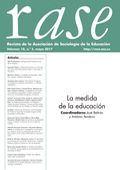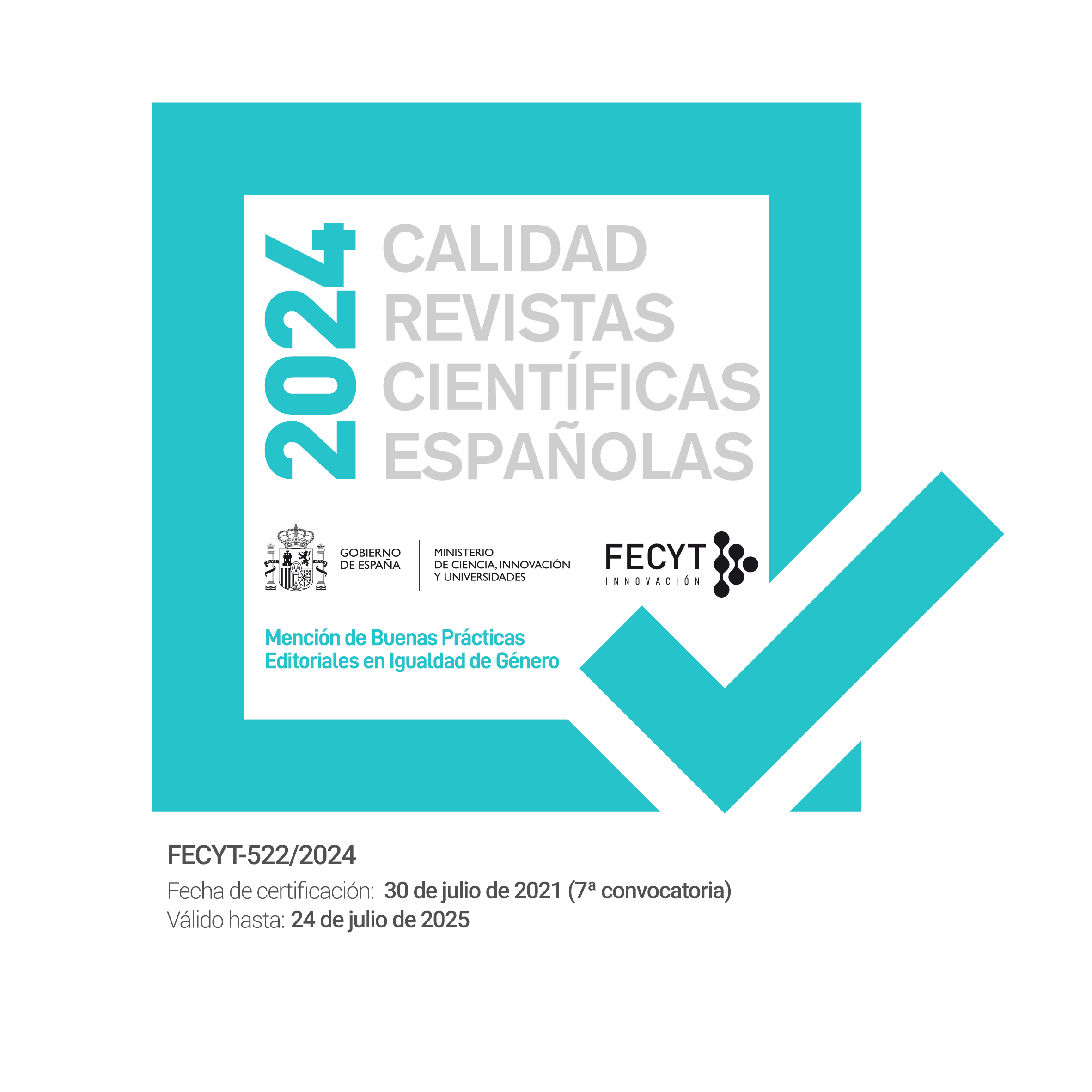Institutional Functions as a Theoretical Nexus and Measurement Target in Sociology of Education
DOI:
https://doi.org/10.7203/RASE.10.2.10115Palabras clave:
Education, institutional functions, criteria of definition, sociology Resumen
Resumen
The paper is devoted to methodological aspects of the study of institutional functions of education as one of the basic theoretical constructs of contemporary sociology of education. The author argues that the elaboration into the function problem also provides a direction for social-practical outputs of this branch of sociology, conceptual ground for its own theoretical, revitalizing its connection with general sociology. Without such elaboration, the author assumes, most of theoretical and empirical studies and measurements conducted by sociologists are doomed to thematic fragmentation, have slim chances to contribute to a shared sociological vision of education, delineate the area of institutional responsibility of education in society, improve educational politics, resist the neoliberal «Trojan horses» in education. The author brings a set of criteria to define the institutional functions of education, including the empirical measurability of each function, and a hypothetical model of functions detailed by four major areas of society: economic, social, cultural and political.
 Descargas
Descargas
Descargas
Publicado
Cómo citar
-
Resumen516
-
PDF650
-
PDF 80
-
PDF (Català)98
Número
Sección
Licencia
![]()
Esta obra está bajo una licencia internacional Creative Commons Reconocimiento-NoComercial-CompartirIgual 4.0 Internacional.
Aquellos autores/as que tengan publicaciones con esta revista, aceptan los términos siguientes:
- Los autores/as conservarán sus derechos de autor y garantizarán a la revista el derecho de primera publicación de su obra, el cuál estará simultáneamente sujeto a la Licencia de reconocimiento de Creative Commons que permite a terceros compartir la obra siempre que se indique su autor y su primera publicación esta revista.
- Los autores/as podrán adoptar otros acuerdos de licencia no exclusiva de distribución de la versión de la obra publicada (p. ej.: depositarla en un archivo telemático institucional o publicarla en un volumen monográfico) siempre que se indique la publicación inicial en esta revista.
- Se permite y recomienda a los autores/as difundir su obra a través de Internet (p. ej.: en archivos telemáticos institucionales o en su página web) antes y durante el proceso de envío, lo cual puede producir intercambios interesantes y aumentar las citas de la obra publicada.













